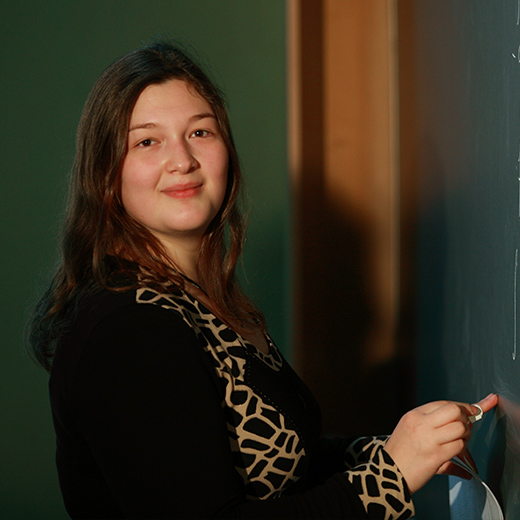Speaker
Talk details
|
Title: Private Federated Learning for Speech Recognition Abstract: While automatic speech recognition (ASR) has witnessed remarkable achievements in recent years, it has not garnered a widespread focus within the federated learning (FL) and differential privacy (DP) communities. Meanwhile, ASR is also a well-suited benchmark for FL and DP as there is (i) a natural data split across users by using speaker information; (ii) heterogeneous data across speakers close to practical settings; (iii) interplay between acoustic and language modeling; (iv) and it is a sequence-to-sequence task. Recent production-ready state-of-the-art models in ASR include large conformer and transformer models, the optimization of which is known to pose challenges even for central training. While the main trends and benchmarks in FL and DP focus on small models, we show the necessity of disentangling optimization and model size: the behavior of FL and DP for large models is different from the one for small models. We speculate that FL and DP are harder for small models due to harder optimization problems even in central training. In this talk, we analyze the key FL parameters (optimizers, training from scratch or a seed model pre-trained centrally, cohort size, data heterogeneity) and propose first benchmark of FL with DP in the context of large models in ASR. We examine the applicability of prior results and present an overview of observed departures from the trends in prior works and from training different ASR models. Through this talk, we provide researchers and practitioners with valuable insights into the fundamental differences that may arise when applying FL and DP research to large-scale ASR training. Bio: Tatiana is a research scientist at the Machine Learning Research team, Apple. Prior to Apple, she was a postdoctoral research scientist in the speech recognition team, Facebook AI Research. Back in the day, Tatiana received a Ph.D. in mixed type partial differential equations from Moscow State University. For several years she worked on applications of machine learning to high energy physics at CERN before moving to deep learning. The main focus of her recent research is speech recognition and generation, private federated learning and general machine learning problems including optimization, scaling laws, efficient architectures. More details can be found at here. |
